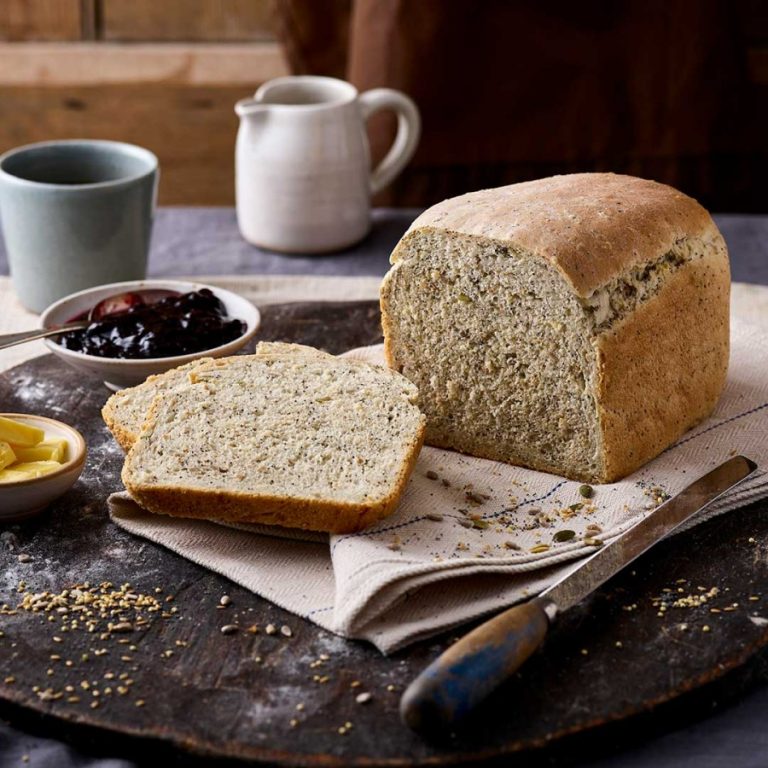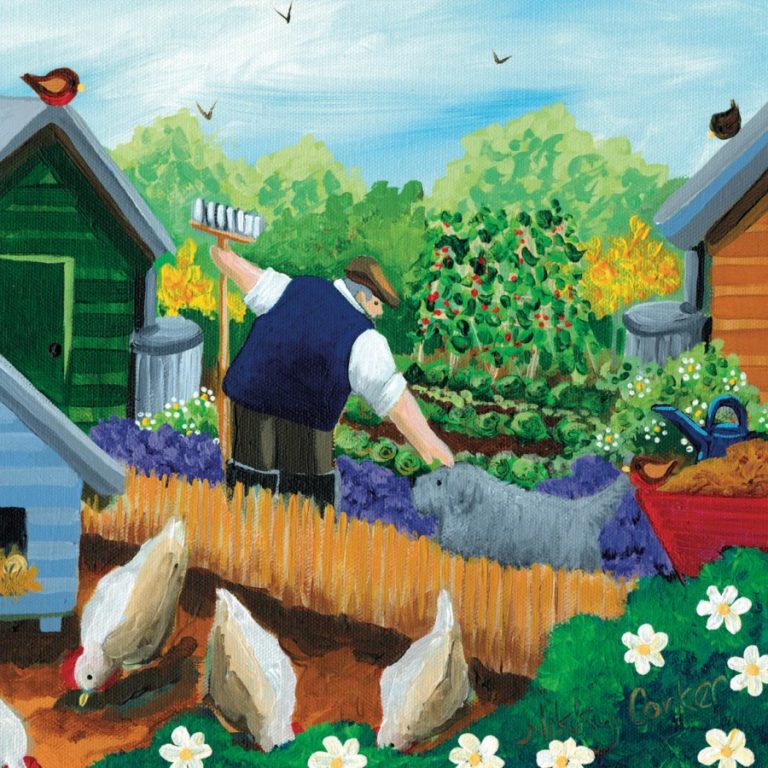
The Community Farm is a non-profit organic community farm for people living in or near the cities of Bristol and Bath. It offers a wide range of fruit and veg boxes, to cater to single households to ‘best of British’ family boxes. Typical produce includes potatoes, onions, carrots, beetroot, sweetcorn, kale, parsnips, cauliflower, runner beans and kohlrabi.
The warehouse handles allergens (gluten, mustard, celery/celeriac). Keep boxes in a secure place, as alliums (onion, garlic, leeks, shallots, chives) are unsafe near animal friends. Read more on food safety for people and pets. Also bin allium, rhubarb and citrus scraps, as acids could harm compost creatures.
If ordering plants or flowers, read about pet-friendly gardens. Never face indoor foliage to gardens, to help stop birds flying into windows.
Profits are reinvested back into the organisation, which has created 30 quality jobs. You can also add £3 to your order that goes to their Community Fund, used to provide organic food to people on low incomes. Already 600 households are members, which helps support local farmers before the harvest, for food security and safe farmer income.
This farm’s organic methods has seen a 155% increase in bumblebee numbers, and 21 butterfly species call these margins and hedgerows home. Other wildlife enjoying this land include deer, badgers, stoats, and many birds (skylarks, kestrels, buzzards, yellowhammers, tawny owls, woodpeckers and endangered lapwings).
Why Choose Community Supported Agriculture?
CSA farms are when customers pay the farmers in advance, so they can get on with doing what they do best (growing food!), rather than worry about selling produce at a pittance to big supermarkets, which sometimes even cancel orders at the last minute.
Some farmers earn just 1p for many items, after supermarkets stake profits. A loaf that sells in supermarkets for over £1 may only make a farmer 9p profit. CSA farms share the risk of a failed harvest (which is rare) but in return you get good organic food at an affordable price. If the harvest fails, you may have lost a tenner, but you keep farmers in business.
If a supermarket sells a 1kg bag of carrots at 70p, the farmer is not making much profit, and if locked into supermarket contracts, is unable to sell elsewhere. And supporting local farmers is good for local economies, as they are more likely to support other local businesses.
CSA farms empower both farmers and food security, and is one of the best ways to take back community power on growing and selling local organic food. Find more CSA farms.
The CSA model does not just apply to farms either. The Handmade Bakery (Yorkshire) is a good example of how a thriving enterprise was launched, by offering ‘bread bonds’ to local people, who received ‘share dividends’ in the form of freshly-baked loaves, to thank them for support.






